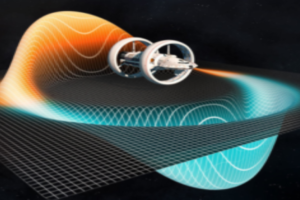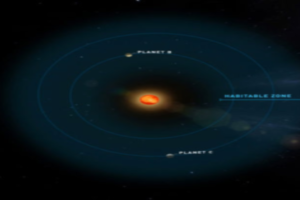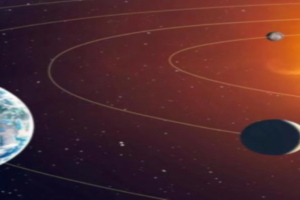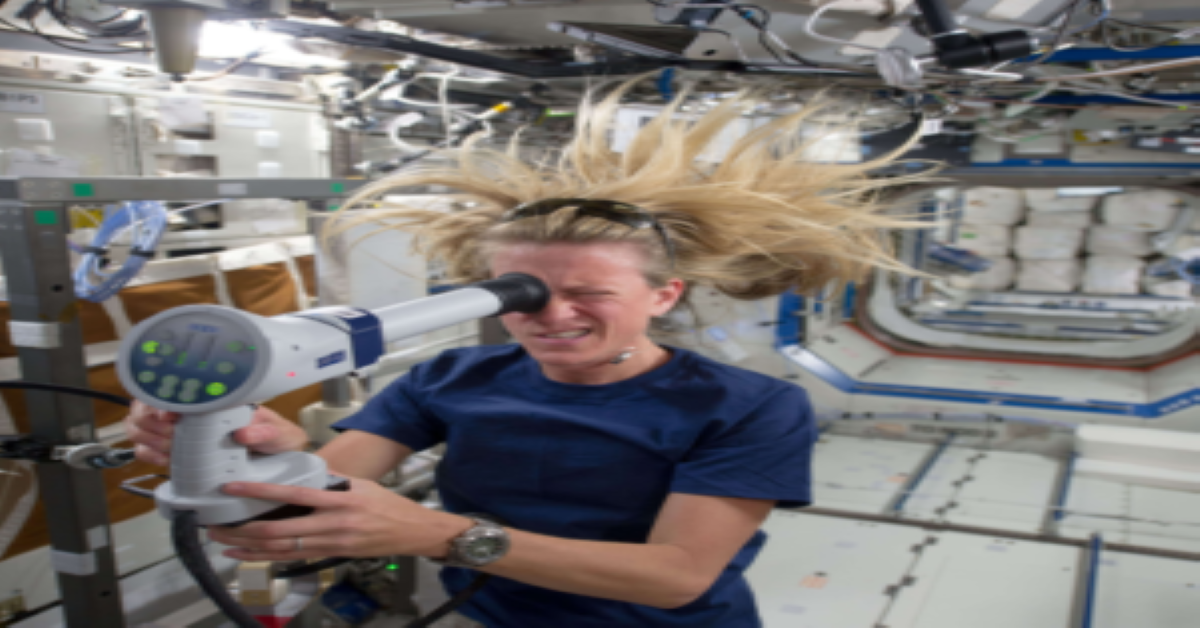
How does artificial intelligence change the nature of space exploration
Artificial intelligence has transformed many areas of our lives. From ordering our groceries to asking Alexa to play our favorite tunes, tasks we usually perform are now performed by AI. What’s more, AI adapts, and brings us closer to the stars.
AI is improving the way things work on Earth, but what about space?
This is by no means to replace humans, but to improve the efficiency of work with the help of artificial intelligence technology.
More recently, government support has increased, spurring rapid innovation in artificial intelligence in space. Going forward, we believe that combining artificial intelligence with machine learning and other technological innovations will transform the entire space ecosystem for the better.
Artificial intelligence in space exploration: is it just the tip of the iceberg?
A 2019 report by Global Market Insights, Inc. predicts that the space robotics market is worth about $ 2 billion in 2018 and will grow to $ 3.5 billion by 2025.
Several companies have started developing AI-based robots – to handle earnings and improve mobility. The market is considered to have experienced incredible growth due to the incorporation of artificial intelligence technology in systems developed for space exploration.
Although space exploration is limitless, dangers still lurk in massive galactic events, cosmic radiation or ground-breaking meteors. The only way to explore an undisturbed space is to be realistic and start using artificial intelligence. Artificial intelligence can change the lives of astronauts. There are many tasks to be accomplished in space, and artificial intelligence can easily lighten the burden on astronauts.
What’s the best part? They are robots. There is no danger to anyone’s life.
How does NASA use AI for space exploration?
In 2018, NASA awarded nearly $ 330,000 to a research team to develop agile guidelines for artificial intelligence to help spacecraft navigate debris-infested areas. Nevertheless, NASA has and will continue to invest heavily in AI space exploration. We will discuss further how NASA intends to take us to the stars.
Heavenly Navigation
For example, if you are outside the Earth’s network (GPS satellites), there is no technology to help you steer back. So if astronauts get lost in space, you won’t be able to find them. With the help of AI, researchers are devising ways to help Artemis astronauts find their way back to the moon’s surface.
Astronauts will be able to photograph their surroundings and feed them into a database of millions of images of the moon’s surface. That’s where artificial intelligence comes in, the technology will try to match images to a database and pass information to astronauts telling them exactly where they are on the moon.
Although the technology relies on machine learning, it can still create a virtual moon for astronauts to navigate.
Interplanetary Communication
The only way for astronauts to communicate with the Earth is through radio waves. This is very effective when connecting to the International Space Station because it is in low orbit. However, as astronauts move further into the universe, that is not enough for real-time contact.
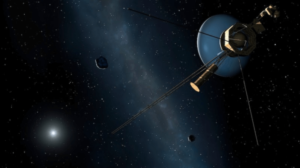
For Artemis astronauts on the moon, the delay was hardly noticeable. It can take nanoseconds or 1.27 seconds to send or send a message. However, when on or beyond Mars, their time to receive and send messages could extend to 13 minutes or more.
With artificial intelligence, parts of the electromagnetic spectrum used for underused communications are easily accessible. Because it is not used by any other existing communication technology. NASA can be assured that their communications will not be disturbed or disturbed.
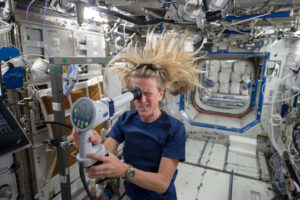
Exploring space medical capabilities
With the frequent movement of astronauts between Earth and beyond Earth’s orbit, it is clear that they need medical assistance. Returning to Earth for medical emergencies is clearly not practical, which is why NASA started working on medical capabilities. With the help of engineering learning, Medical Capability Exploration will be able to offer medical care options based on the future needs of these astronauts.
Tag:CHANGING, EXPLORATION, NATURE, SPACE


